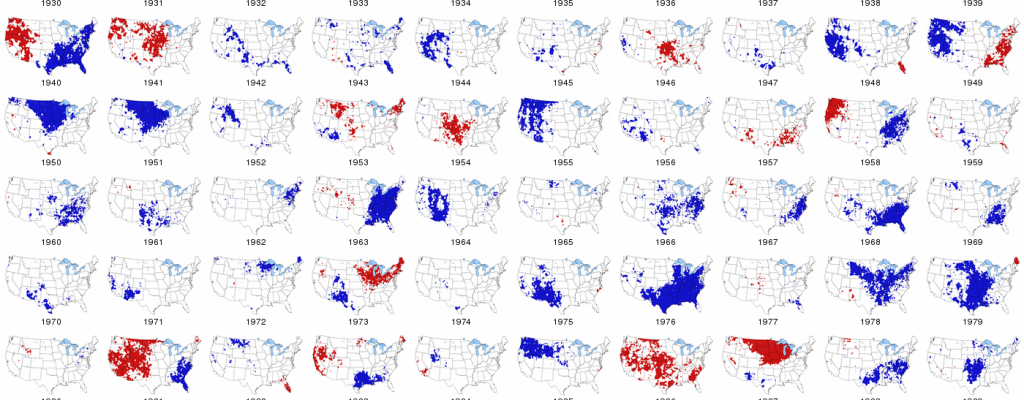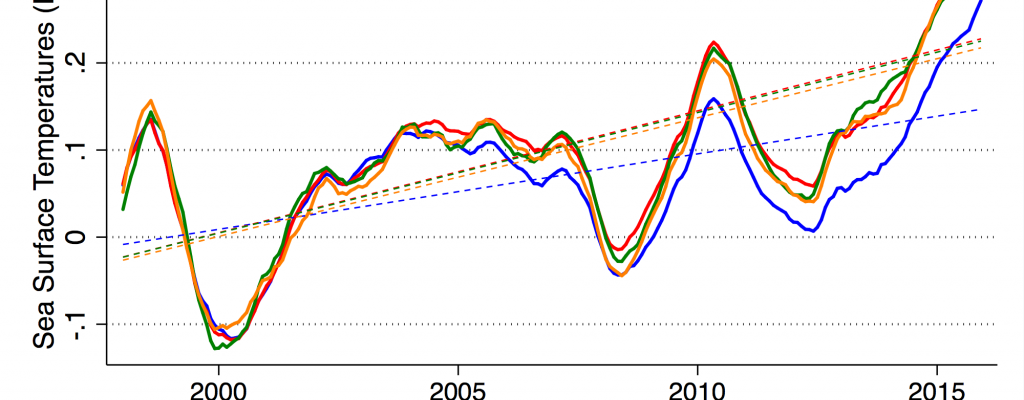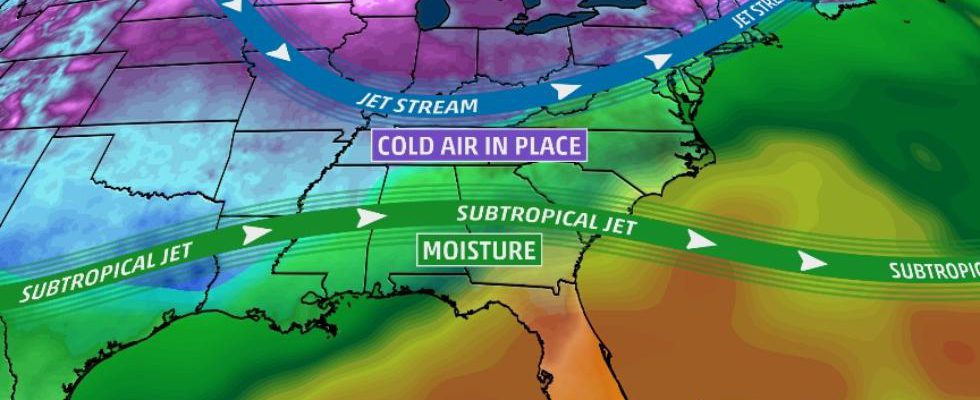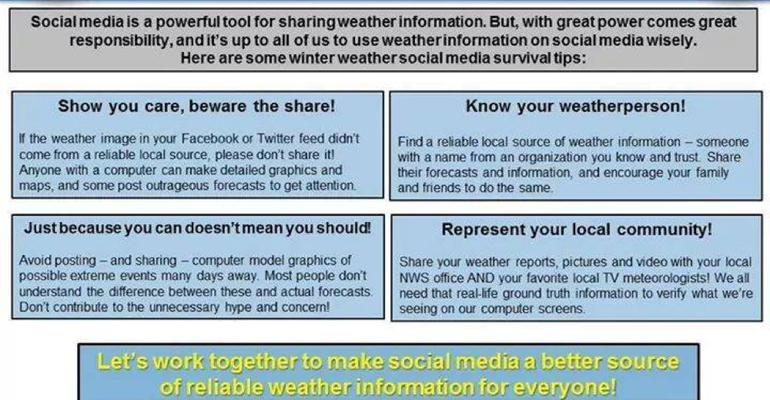Climate science
-

Deke Arndt of NOAA’s National Centers for Environmental Information provided the following interesting commentary about one of the graphs in the national climate summary that came out yesterday: As far as temperatures go, and especially “extreme” temperatures go, minimum temperatures (a.k.a. “Tmin”, “morning lows”, “overnight lows”, etc.) are increasing more than maximum temperatures (a.k.a. “afternoon…
-

The latest QPF shows that just a little precipitation is expected to fall once the current system (that brought a little snow to my house in Athens!) moves out. The next storm system headed east will be mostly north of us, with the potential to provide a little precipitation in our northern areas. But if…
-

Do you love luscious lobsters? If so, you might be interested in this NOAA story on how the location of lobster fishing is changing over time. This is due to changes in water temperature which affects the growth of the tasty crustaceans. You can see the animation of where the critters have been caught over…
-

In view of the storm that is moving through the Southeast today and this weekend, I thought a refresher on how to measure snow would be helpful. The National Weather Service offices would love it if you provide snow depth reports via Twitter or their web sites. I’ve got my rain gauge ready and my…
-

Recent research in Science Advances by University of California-Berkeley has confirmed what NOAA scientists reported in 2015: there was no pause in global warming during the period when most media skeptics were talking about the end of the warming curve. The scientists looked at methods for correcting climate data to account for changes in instrumentation,…
-

In view of the chance of snow or ice in parts of the Southeast this weekend, the Weather Channel has posted a story describing what you need to get snow or ice in the Southeast and why it’s so hard to predict. Snow in most of the Southeast (except for Florida and immediately along the…
-

Many of you know that one factor that may have affected the recent presidential election is the number of fake news stories that were sent out via social media like Facebook. This week has been an example of a related issue, fake weather news. My Facebook feed has been buzzing the last few days about…